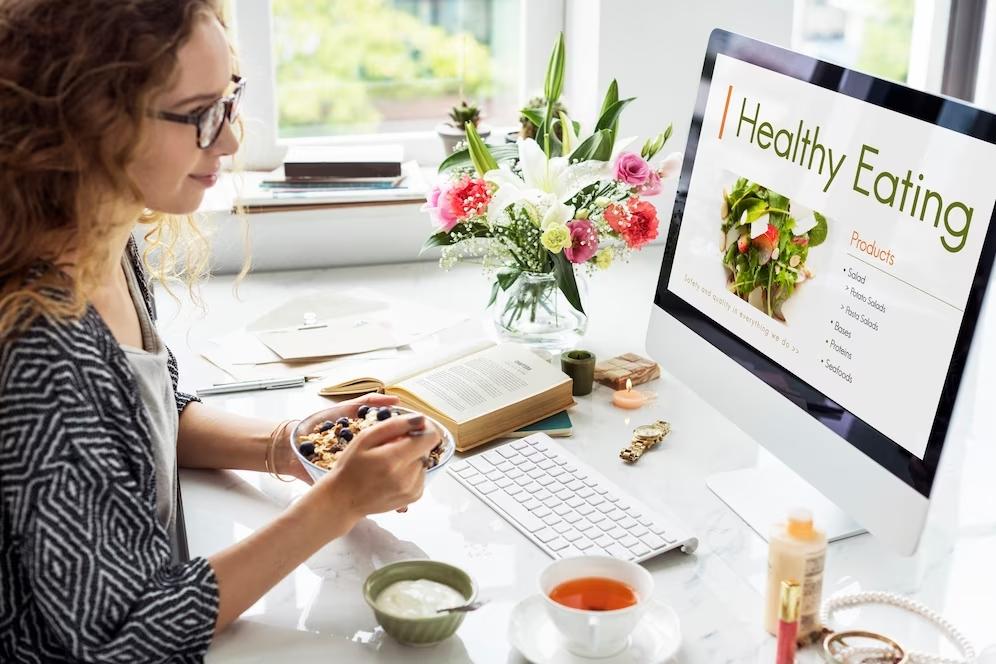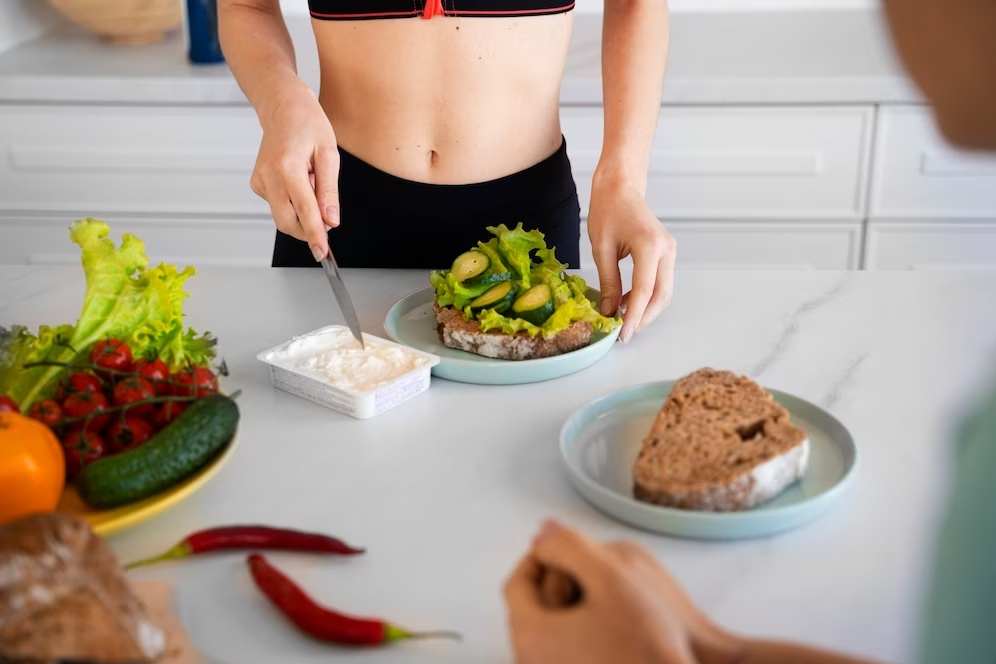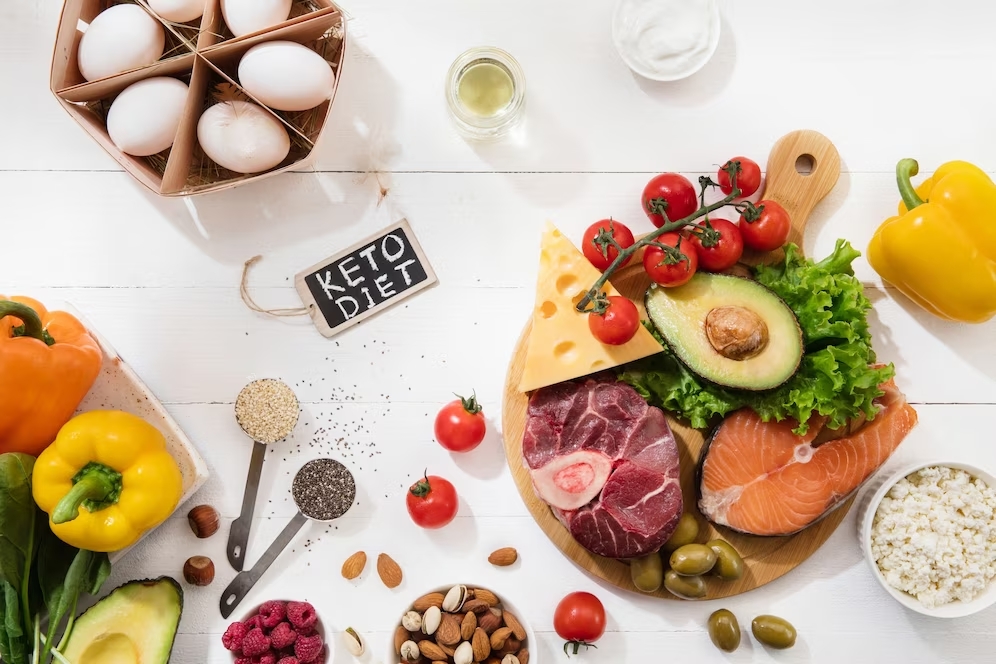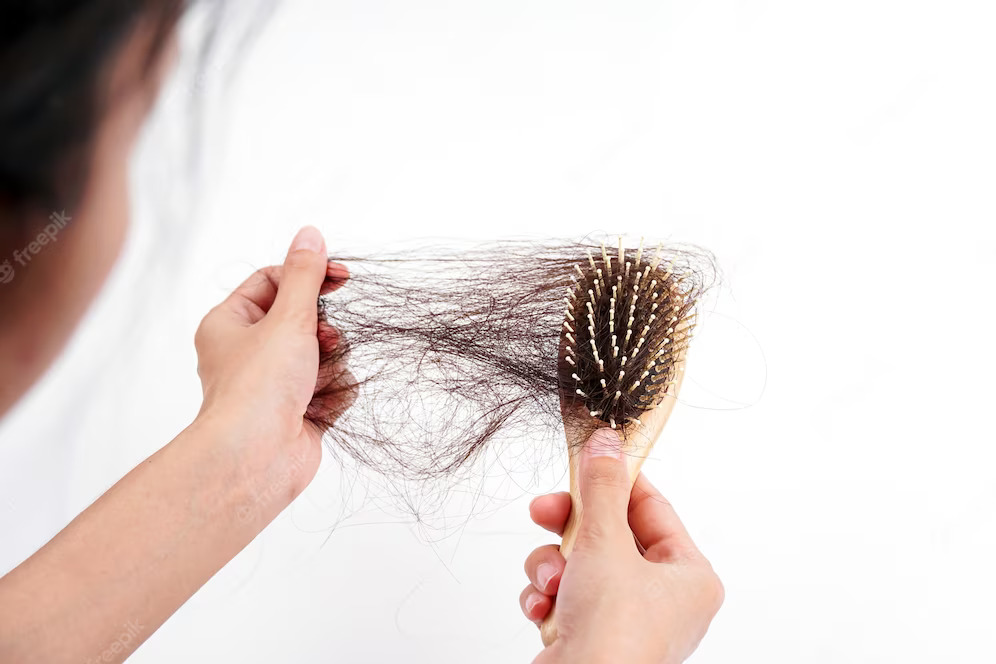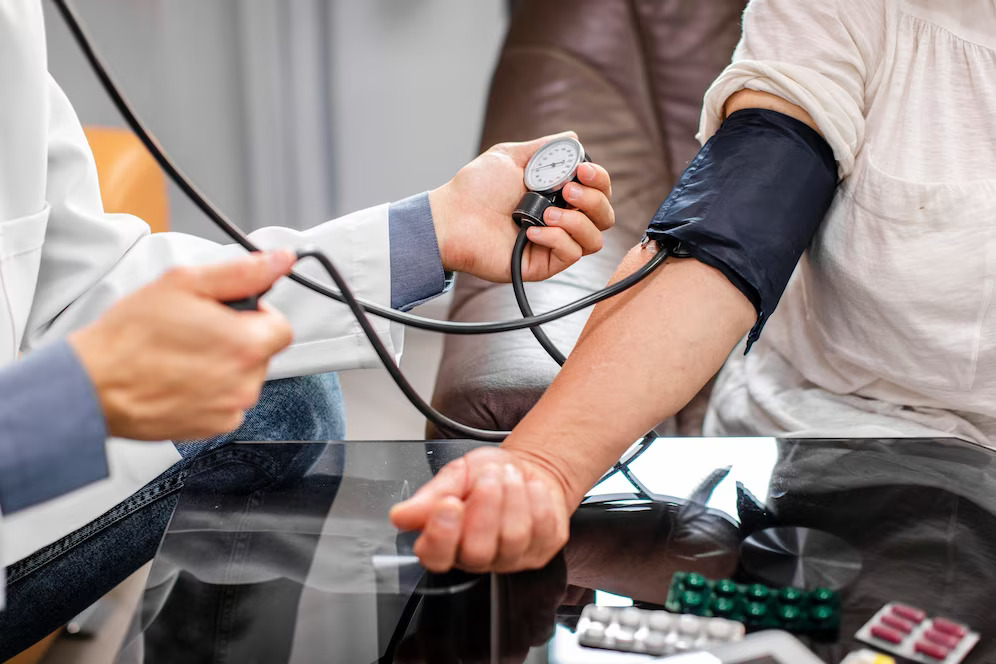When it comes to matters of conception, understanding your menstrual cycle and the intricacies of ovulation can be the key to success. Many couples wonder, “How many days after your period can you get pregnant?” It’s a crucial question, and in this comprehensive guide, we’ll explore the science behind it, debunk some myths, and provide practical tips for those trying to conceive. Let’s dive deep into the fascinating world of fertility and conception.
Understanding Your Menstrual Cycle
Before we delve into the specifics of fertility, it’s essential to grasp the fundamentals of your menstrual cycle. Your cycle typically lasts 28 days, although it can range from 21 to 35 days and still be considered normal. Here’s a detailed breakdown of the menstrual cycle:
The Basics of Ovulation
Ovulation is the pivotal moment in your menstrual cycle. It’s when your ovaries release a mature egg, which is then ready to be fertilized by sperm. Understanding when you ovulate is crucial if you want to maximize your chances of getting pregnant.
When Do You Ovulate?
Ovulation usually occurs around the middle of your menstrual cycle, typically between day 12 and day 16 if you have a 28-day cycle. However, this can vary significantly among women and even from month to month. Factors like stress, illness, and lifestyle can influence the timing of ovulation.
How Many Days After Your Period Do You Ovulate?
The fertile window, or the days when you are most likely to conceive, extends a few days before and after ovulation. While the exact timing varies, it’s generally safe to say that you could ovulate as early as the 9th day or as late as the 21st day after the first day of your period. This wide range can be perplexing, but it highlights the importance of tracking your individual cycle.
Ovulation Prediction Tools
In today’s digital age, several tools and apps can help you predict ovulation more accurately. These include fertility tracking apps, ovulation predictor kits (OPKs), and wearable devices that monitor your hormonal changes. Utilizing these resources can provide you with a better understanding of your unique cycle.
Can You Get Pregnant on Your Period?
Now, let’s address a common misconception. Can you get pregnant on your period? While it’s less likely, it’s not impossible. To understand this, we need to consider the lifespan of sperm and the longevity of the menstrual cycle.
Sperm Survival
Sperm can survive inside the female body for up to five days. This means that if you have a relatively short menstrual cycle, and if you happen to ovulate shortly after your period ends, conception could occur. It’s essential to note that sperm’s lifespan can vary from person to person, and external factors like cervical mucus quality can also affect how long sperm remains viable.
Menstrual Cycle Variations
Not all menstrual cycles are the same. Some women have shorter cycles, while others have longer ones. Variations in cycle length can impact when you ovulate. If you have a shorter cycle, the fertile window may start earlier, making it theoretically possible to conceive shortly after your period.
Irregular Periods
Irregular menstrual cycles further complicate matters. If your periods arrive at unpredictable intervals, it can be challenging to pinpoint when you might ovulate. In such cases, tracking your fertility using methods like BBT charting and monitoring cervical mucus becomes even more critical.
Factors That Influence Fertility
Fertility is a complex matter influenced by various factors. While timing plays a significant role, there are other crucial aspects to consider.
How Long Does It Take to Get Pregnant?
On average, it takes a healthy couple about six months to a year to conceive. If you’ve been trying for longer without success, it’s advisable to consult a fertility specialist to rule out any underlying issues. Keep in mind that age can also affect fertility, with a gradual decline in fertility for women starting in their late 20s and more significantly after age 35.
How to Get Pregnant
Getting pregnant involves more than just timing. It’s essential to maintain a healthy lifestyle, including a balanced diet, regular exercise, and managing stress. These factors can boost your fertility and increase your chances of conception.
Nutrition and Fertility
A well-balanced diet rich in vitamins, minerals, and antioxidants can promote reproductive health. Certain nutrients, such as folic acid and iron, are particularly important during pregnancy. Consult a healthcare provider or a nutritionist for personalized dietary advice.
Exercise and Fertility
Regular physical activity can improve fertility by helping you maintain a healthy weight and reducing stress. However, excessive exercise, especially in athletes, can disrupt the menstrual cycle and affect fertility. Balance is key.
Stress Management
High stress levels can interfere with ovulation and fertility. Finding effective stress management techniques, such as yoga, meditation, or counseling, can be beneficial for couples trying to conceive.
The Myth of Safe Days
Some couples rely on the concept of “safe days” for contraception. This approach involves avoiding intercourse during the estimated fertile window. However, it’s essential to remember that this method is far from foolproof, and the 4th day of your period is not necessarily a safe day.
The 4th Day of Your Period and Pregnancy
While the 4th day of your period is less likely to result in pregnancy, it’s not entirely risk-free. Sperm survival and individual cycle variations can lead to unexpected pregnancies. Therefore, if you’re not actively trying to conceive, it’s advisable to use additional birth control methods during this time.
Alternative Contraception Methods
For effective contraception, it’s essential to explore and use reliable birth control methods. These include barrier methods like condoms, hormonal contraceptives such as birth control pills or patches, intrauterine devices (IUDs), and permanent options like sterilization. Consulting with a healthcare provider can help you choose the most suitable method based on your individual needs and preferences.
Tracking Your Fertility
If you’re serious about getting pregnant, tracking your fertility is a valuable tool. Here are some advanced tips to help you get started:
Predicting Ovulation
- Chart Your Menstrual Cycle: Use a calendar or a fertility app to track the start and end of each period.
- Monitor Basal Body Temperature (BBT): A slight rise in your BBT indicates ovulation.
- Check Cervical Mucus: The texture and appearance of cervical mucus change during your cycle, becoming thin and slippery around ovulation.
- Use Ovulation Predictor Kits (OPKs): These kits detect hormonal changes that precede ovulation.
Tips for Increasing Your Chances of Conception
- Have Regular, Timed Intercourse: Aim for every other day during your fertile window.
- Maintain a Healthy Lifestyle: Eat well, exercise regularly, and manage stress. Consider consulting a registered dietitian and fitness trainer.
- Limit Alcohol and Caffeine: Excessive consumption of these substances can impact fertility.
- Consider Preconception Health: Consult a healthcare provider for preconception counseling and tests, especially if you have underlying health conditions or concerns.
In conclusion, the question of how many days after your period you can get pregnant is not a straightforward one. It depends on your individual menstrual cycle, the timing of ovulation, and various other factors. If you’re actively trying to conceive, understanding your cycle, tracking your fertility, and maintaining a healthy lifestyle are your best allies in this journey.
Remember that every person’s reproductive journey is unique. If you’re struggling to conceive or have concerns about your fertility, don’t hesitate to seek guidance from a qualified healthcare provider or fertility specialist. With knowledge, patience, and support, you can navigate the path to parenthood successfully.
FAQs
Can I get pregnant on the 4th day of my period?
While it’s less likely, it’s not impossible. Sperm survival and cycle variations can lead to conception during this time.
When do you ovulate after your period ends?
Ovulation can occur as early as the 9th day or as late as the 21st day after the start of your period.
How can I increase my chances of getting pregnant?
Maintaining a healthy lifestyle, tracking your cycle, and having regular, timed intercourse can boost your chances.
Is the “safe days” method reliable for contraception?
It’s not a highly reliable method, and additional contraception is recommended if you’re not trying to conceive.
When should I consult a fertility specialist if I’m not getting pregnant?
If you’ve been trying for a year without success (or six months if you’re over 35), it’s time to seek professional advice. Fertility specialists can conduct tests to identify any underlying issues and provide personalized guidance.
Disclaimer:
The information provided in this article is for educational and informational purposes only. It is not a substitute for professional medical advice, diagnosis, or treatment. Always seek the advice of your physician or other qualified health provider with any questions you may have regarding a medical condition. Never disregard professional medical advice or delay in seeking it because of something you have read in this article.

David M is a seasoned author renowned for his expertise in health tips and homemade remedies. With a passion for wellness, he diligently researches and meticulously analyzes a plethora of online resources, ensuring their credibility. David’s dedication shines through as he curates invaluable information, catering to health enthusiasts.




